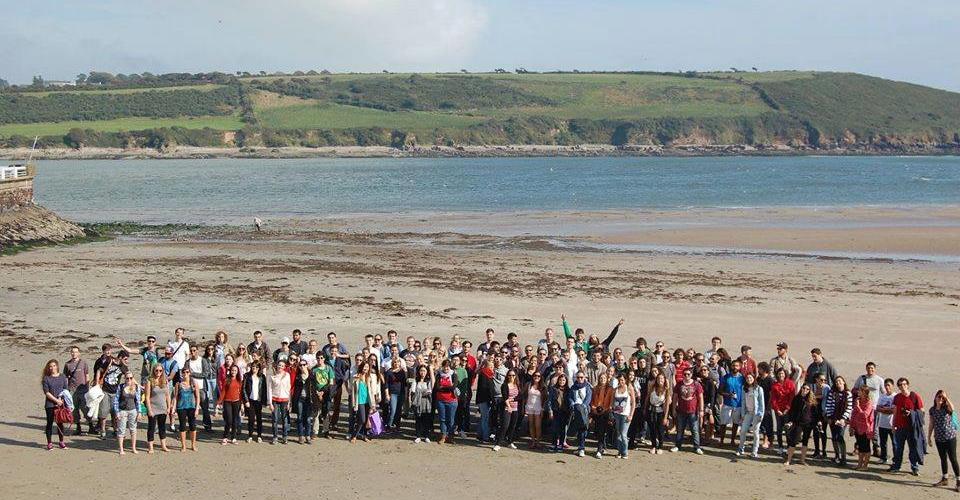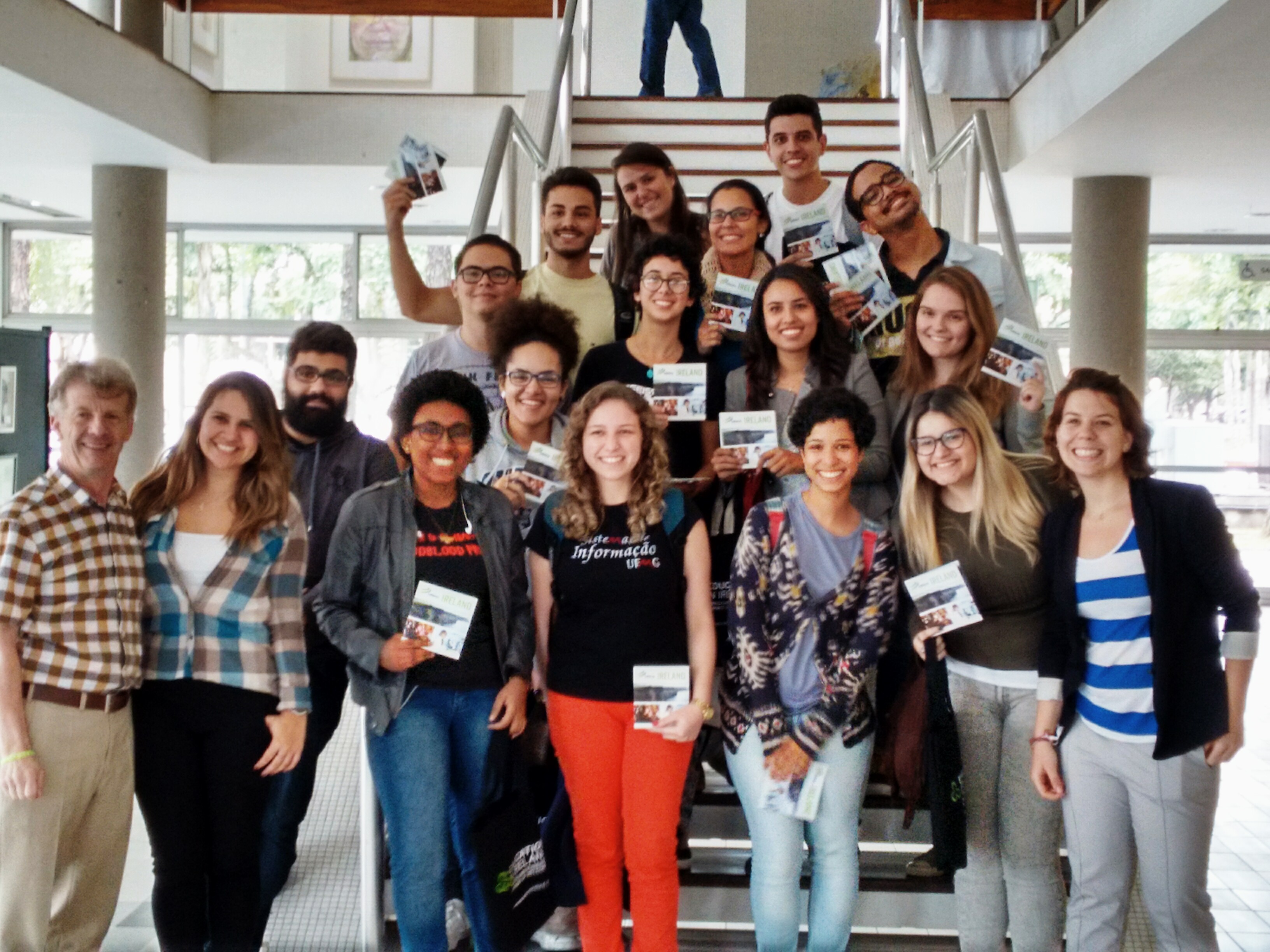
Overview – Science without Borders Programme 2013-2016
Approximately 3,500 Brazilian undergraduate and postgraduate students experienced the Irish higher education system under the scheme between 2013 and 2016.
In 2010, the Irish Government published its first international education strategy entitled “Investing in Global Relationships” with the aim to make Ireland a world class location for international higher education. Brazil was identified as one of the key partner countries for this endeavour and in 2011 the conclusion of a Memorandum of Understanding between both countries opened doors to building an active higher education, teaching and research relationship.
One year later, the visit of the Irish President, Michael D. Higgins to Brazil and the approval of Ireland as one of the destinations for the Science without Borders programme represented the first step towards a strong academic collaboration. In 2013, Ireland welcomed the over 1,100 students under the scheme. By the end of the programme in August 2016, approximately 3,500 Brazilian students at undergraduate and graduate level had experienced the Irish higher education system and Ireland had become one of the most popular destinations for Brazilian students under the programme.

Overview - Interactive presentation
| CAPES Call | Number of Undergraduate Students in Ireland under the given Call | Percentage of students on Research or Enterprise Internship during Summer months |
|---|---|---|
| Call 138/2012 | 551 | 47% |
| Call 162/2013 | 977 | 45% |
| Call 199/2014 | 1075 | 46% |
| (Call 127/2012) | 695 | Portugal Group |
| Total | 3,298 | 46% |
| + | ||
| Postgraduate | 140 | |
| Total | 3,438 |